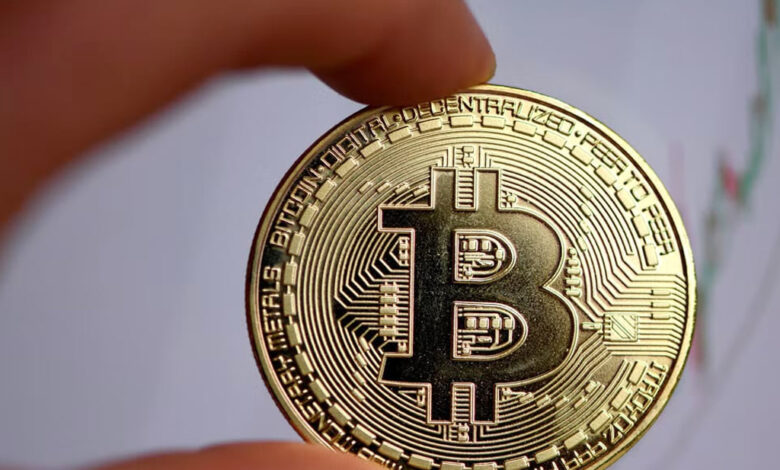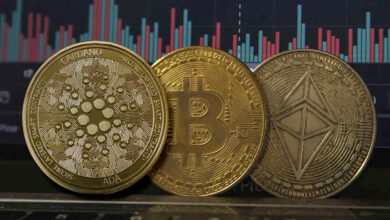Bitcoin (BTC) Rockets to $30,000, Yet There’s a Twist

Bitcoin (BTC) recently witnessed an abrupt surge, reaching the $30,000 milestone. However, before celebrations could begin among investors and enthusiasts, it became evident that there was a notable caveat attached to this unexpected price movement.
Contrary to a widespread consensus or a sudden influx of positive news, the surge was primarily attributed to a shortage of liquidity on the Kraken exchange, potentially compounded by technical glitches. While such anomalies are not frequent, they have been observed previously across various exchanges and can give rise to misleading price indications.
Interestingly, what’s intriguing is the community’s response to these price irregularities. A segment of the crypto community has started to place belief in what they’ve coined as the “Kraken magic.” According to this notion, at times, a surge towards significantly high price levels on Kraken has historically foreshadowed a genuine market reversal. The rationale behind this concept revolves around the idea that whales, referring to major investors, might be making substantial purchases on well-regulated exchanges like Kraken. These sizable buy orders can momentarily propel asset prices to extreme highs due to limitations in liquidity.
While this might come across as speculative, advocates of the “Kraken magic” theory contend that these extensive purchases on regulated platforms could signify a whale’s confidence in the asset’s future performance. Essentially, these unexpected surges in price could potentially serve as an indicator of the market’s direction in the near term.
However, it’s crucial to approach such theories with a measure of caution. While there could be instances where an anomalous price shift on a single exchange was a precursor to a broader market movement, placing undue reliance solely on these observations can be risky. The cryptocurrency market is influenced by a multitude of factors, and liquidity constraints on a single exchange may not always accurately predict broader market trends.





